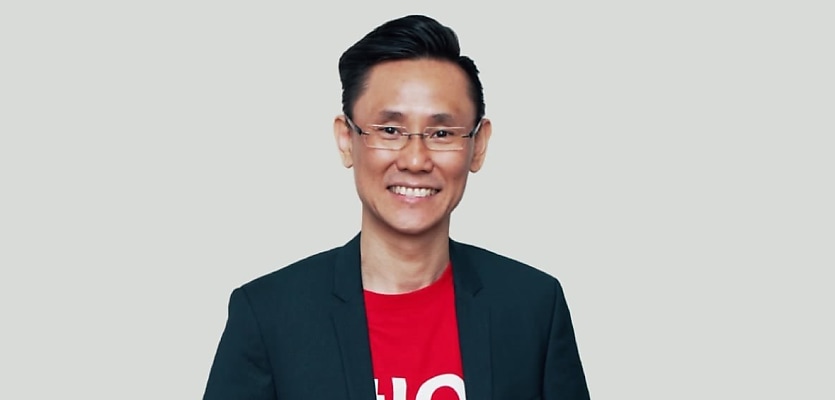Chinese buyers have returned to the Australian property market in record numbers after being largely locked out during COVID-19.
After three years in which travelling to Australia was complicated for Chinese citizens, Juwai IQI co-founder and group managing director Daniel Ho commented that they’ve now been on a “spree”.
“Buyers from mainland China account for 57 per cent of all approved [international buyers] for in-home purchases, and that rises to 67 per cent when you include Hong Kong buyers,” Mr Ho said of FY23.
Furthermore, the firm’s data showed that this represents a 40 per cent increase in buying activity from Chinese citizens over the year prior.
“The big question is whether this pace of purchasing can continue in the year ahead,” Mr Ho noted.
Juwai IQI believes the growth rate will slow, but the aggregate dollars invested will increase in the current financial year.
Melbourne and Sydney are the two big destinations for Chinese buyers, with roughly two-thirds of Chinese buyer enquiries concentrated in Victoria and NSW. Queensland and Western Australia are the other big hot spots.
At Plus Agency, Chatswood, in Sydney’s north, principal Peter Li said that he has seen triple the number of Chinese buyers coming through his agency in the past three years, with the bulk of new inquiries occurring as COVID-19-related upheavals have evened, and Australia’s economy stabilised.
According to Mr Li, Chinese buyers regard the Australian economy as stable, and are looking for properties to accommodate their families as they put down roots.
“Chinese buyers wanting to upsize their properties as more migrants are coming over to join their families as China’s economy hasn’t been as strong post-COVID.
“They are buying townhouses, duplexes and even five-bedroom apartments as they see the Australian market as the most stable,” he shared.
Mr Ho and Mr Li both observed that the bulk of the buyers are looking for homes to live in, rather than investments to rent out.
“Few of these buyers are investors. Most Chinese are purchasing for their use and are on the path to becoming new Australian citizens. They will add immeasurably to Australia’s culture and economy,” Mr Ho said.
“Nine out 10 Chinese buyers are buying properties to live in versus for investment purposes which has previously been the trend,” Mr Li commented.
“They are looking long-term, not only for themselves but for the generations that will eventually come and settle in Australia. They are immigrating here to set roots – they want to see their kids settle, grow up and learn the Australian way,” he added.
In this market, however, Mr Li noted that those who are “upsizing” are letting go of their smaller properties to finance the purchase.
“A lot of people are selling to buy. It’s related to the interest rate – when the rates are low, they’ll be more inclined to keep the property and buy more, but when it’s high they will sell to move up. It all comes down to cost,” he explained.
Both opined that the industry should expect to see Chinese buyers as a force in the market for a considerable time to come.
“Chinese buyers aren’t done yet. The border has only been open for nine months. Flights have not gotten back to their pre-COVID levels. There are delays obtaining passports and visas. Many Chinese holding Australian permanent residency still have not yet made the move,” Mr Ho said.
Looking longer term, Mr Li noted that while the activity is concentrated in residential, the wider market may experience a benefit as these new residents, and their families, age.
“As more Chinese come into Australia, the trend of upsizing will stick around as they expect their families to grow and offshore families to emigrate to Australia. The buying of retail and commercial will happen with the second generation in about five to 10 years’ time. It will eventually become more diversified,” he opined.
ABOUT THE AUTHOR
Juliet Helmke
Based in Sydney, Juliet Helmke has a broad range of reporting and editorial experience across the areas of business, technology, entertainment and the arts. She was formerly Senior Editor at The New York Observer.









You are not authorised to post comments.
Comments will undergo moderation before they get published.